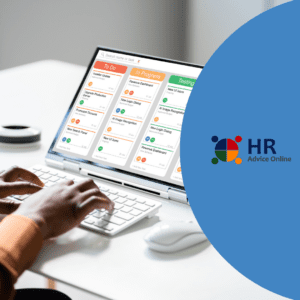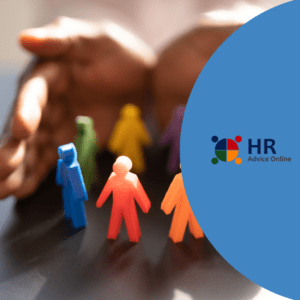Social Media & Hiring
A quick social media search has become part of modern recruitment — but for Australian employers, using online information in hiring decisions isn’t as simple as checking public profiles.
Yes, social media can offer insight into professionalism, communication style and behaviour… but it can also lead to incorrect assumptions, unconscious bias or even discrimination risks if not handled properly.
The key question isn’t “Should you look?”, It’s “What can you lawfully and fairly use?”
5 Minute HR Challenge: Would You Spot the Difference?
Two candidates. Two public posts. Both could be harmless… or potentially relevant. Only one can legitimately be considered as part of a fair recruitment process.
Scenario A
A candidate shared a public LinkedIn post last year expressing frustration about “poor communication and chaotic processes” at a previous workplace. The post is professional in tone, does not name the employer and discusses the importance of good leadership and structure.
Candidate B - Nick
A candidate’s public Instagram story highlights them having drinks with colleagues after work. In the background, someone jokingly says, “We survived another week of micro-management!” The candidate reshared it with a laughing emoji. The business is not named, and nothing appears aggressive or targeted.
Which one gives genuine insight — and which one risks bias or over-interpretation?
What matters is not what you find online, but how you apply it. Fair, consistent, role-relevant decisions protect your business — and your reputation.
What Employers Can Consider From Public Social Media
When used carefully and consistently, public posts may provide:
Repeated patterns such as aggressive public commentary, breaches of confidentiality or clear online harassment.
Posts reflecting leadership, community involvement or industry engagement.
Particularly for roles in communications, marketing, education, health or customer service.
Social media offers extra information — but it should never replace professional recruitment practices. Employers who rely too heavily on what they find online risk making decisions based on assumptions, outdated content or protected attributes they are legally required to ignore.
A strong hiring process uses social media as one small input, not the entire picture.
If you’d like help reviewing your recruitment policy or building a compliant, modern hiring process, reach out to our team at [email protected] | 1300 720 004.




